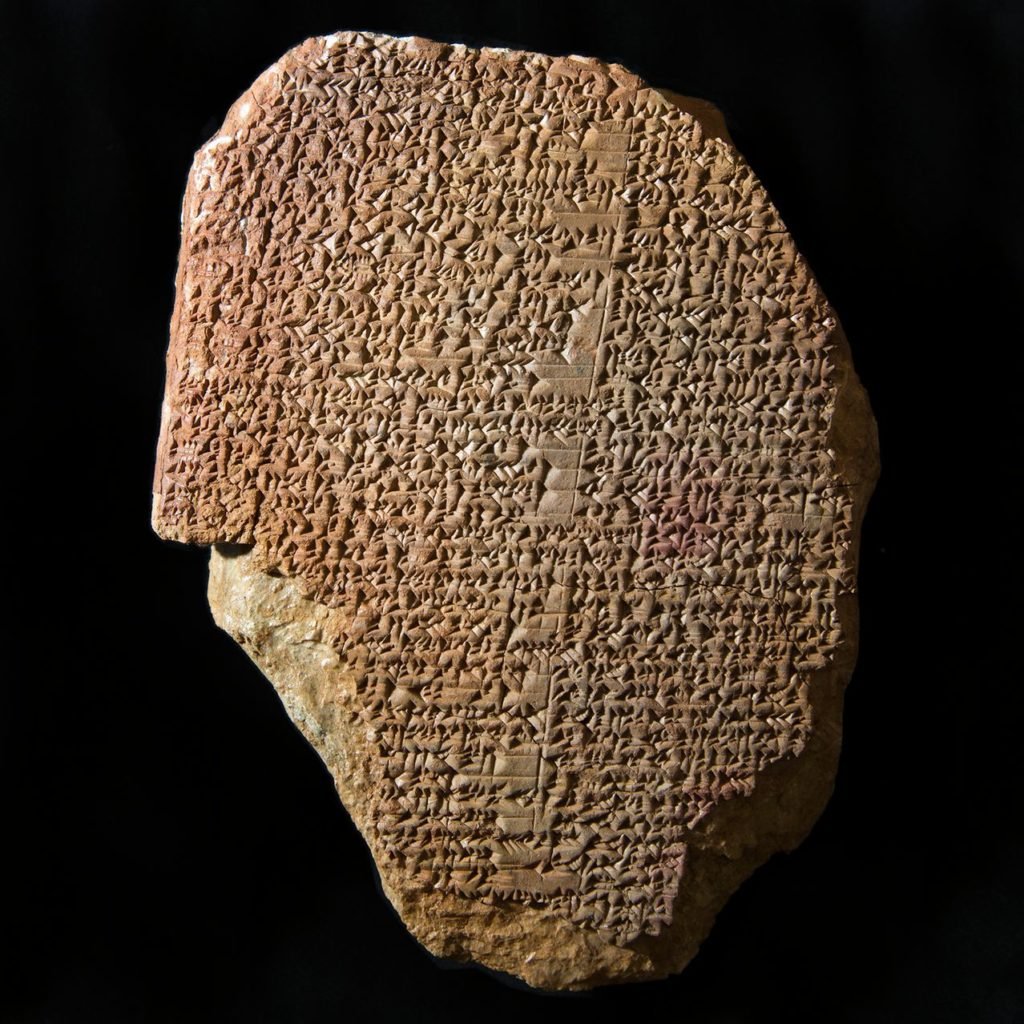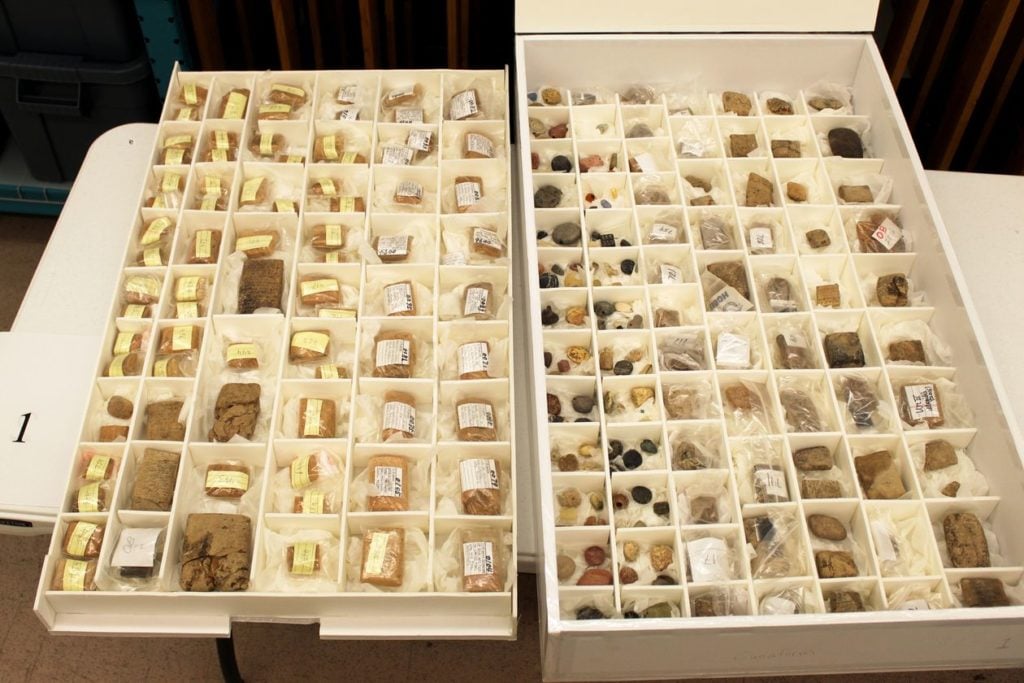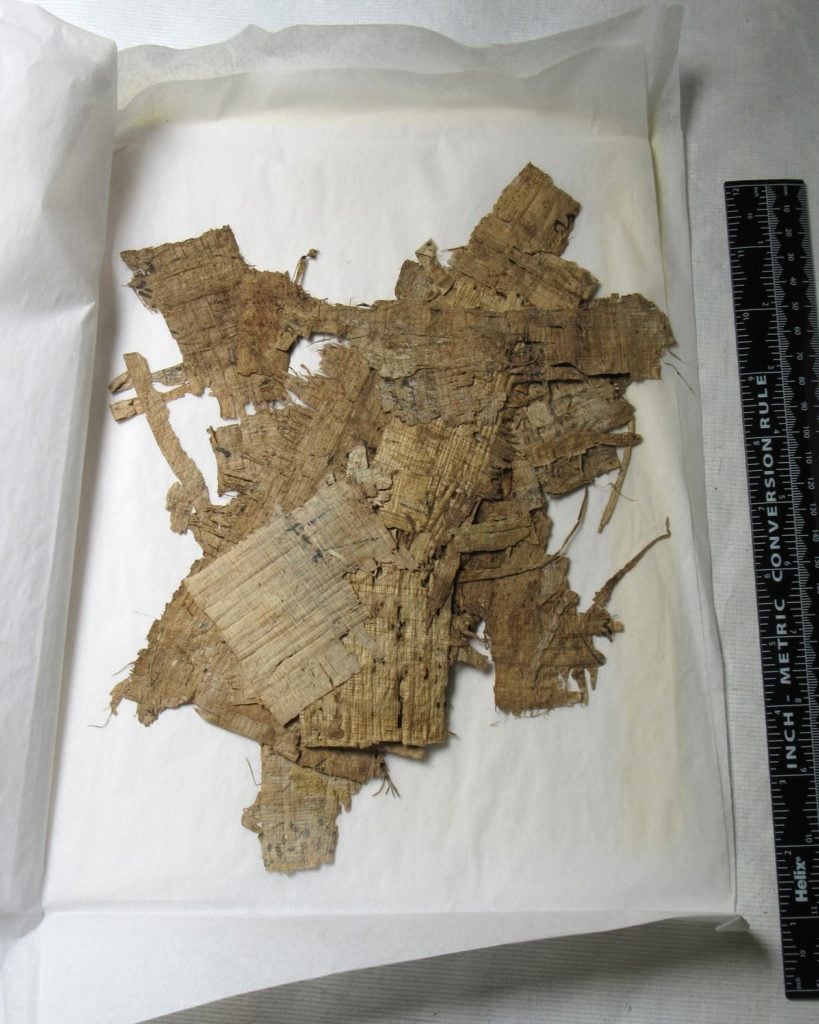Law & Politics
Amid Scrutiny, the Museum of the Bible’s Founder Will Return a Staggering 11,500 Artifacts of Dubious Origin to the Middle East
Hobby Lobby tycoon Steve Green founded the museum.

Hobby Lobby tycoon Steve Green founded the museum.

Sarah Cascone

After years of pressure to return potentially smuggled artifacts, the Museum of the Bible in Washington, DC, is facing yet another blow. Its board chairman, Steve Green, who is also president of the Hobby Lobby stores, is returning 11,500 antiquities from his biblical art collection to the governments of Iraq and Egypt, with the assistance of the museum he opened in late 2017.
Questions about the provenance of Green’s $30 million collection, which he began amassing in 2009, have plagued the museum for years. In 2017, Hobby Lobby returned 5,500 smuggled Iraqi artifacts and paid a $3 million fine as part of a settlement with the US government. A lawsuit had accused the company of importing the ancient cuneiform tablets by claiming they were tile samples.
“I knew little about the world of collecting,” Green told the Wall Street Journal last week. “The criticism of the museum resulting from my mistakes was justified.” He claims to have instituted much stricter protocols governing acquisitions moving forward for both the museum and his personal collection.
Green is now returning an additional 5,000 ancient papyrus scraps and 6,500 ancient clay pieces because their provenance cannot be verified, prompting concerns that they could be looted or stolen.

Some of the 6,500 clay objects the Museum of the Bible is repatriating to Iraq. Photo courtesy of the Museum of the Bible.
The museum is hoping that its curators will continue to have scholarly access to the works—only one of which, a clay tablet imprinted with the Babylonian epic of Gilgamesh, was ever displayed at the institution—upon their return.
The news follows this month’s bombshell that the museum’s much-vaunted collection of 16 fragments from the Dead Sea Scrolls are all fake. The authenticity of works, which are among a cache of Dead Sea Scrolls of unknown origins that came to market after 2002, had been questioned for some time, with experts debunking five of the 16 as modern forgeries in 2018.

One of the 5,000 papyrus fragments the Museum of the Bible is repatriating to Egypt. Photo courtesy of the Museum of the Bible.
A year later, the museum also returned 13 ancient bible fragments that an Oxford papyrologist, Dirk Obbink, is accused of stealing from the Egypt Exploration Society at the University of Oxford’s Sackler Library. Green claims to have bought the works from Obbink in good faith between 2010 and 2013. Obbink—now suspended from his post as a classics professor at the university—denies selling them.
Despite efforts to reform its collecting practices, the Museum of the Bible still faces criticism. The Green family “poured millions on the legal and illegal antiquities market without having a clue about the history, the material features, cultural value, fragilities, and problems of the objects,” said Manchester University papyrologist Roberta Mazza at the Society of Biblical Literature’s annual conference in November, as reported by the Guardian. Such irresponsible collecting “is a crime against culture and knowledge of immense proportions—as the facts unfolding under our eyes do prove.”